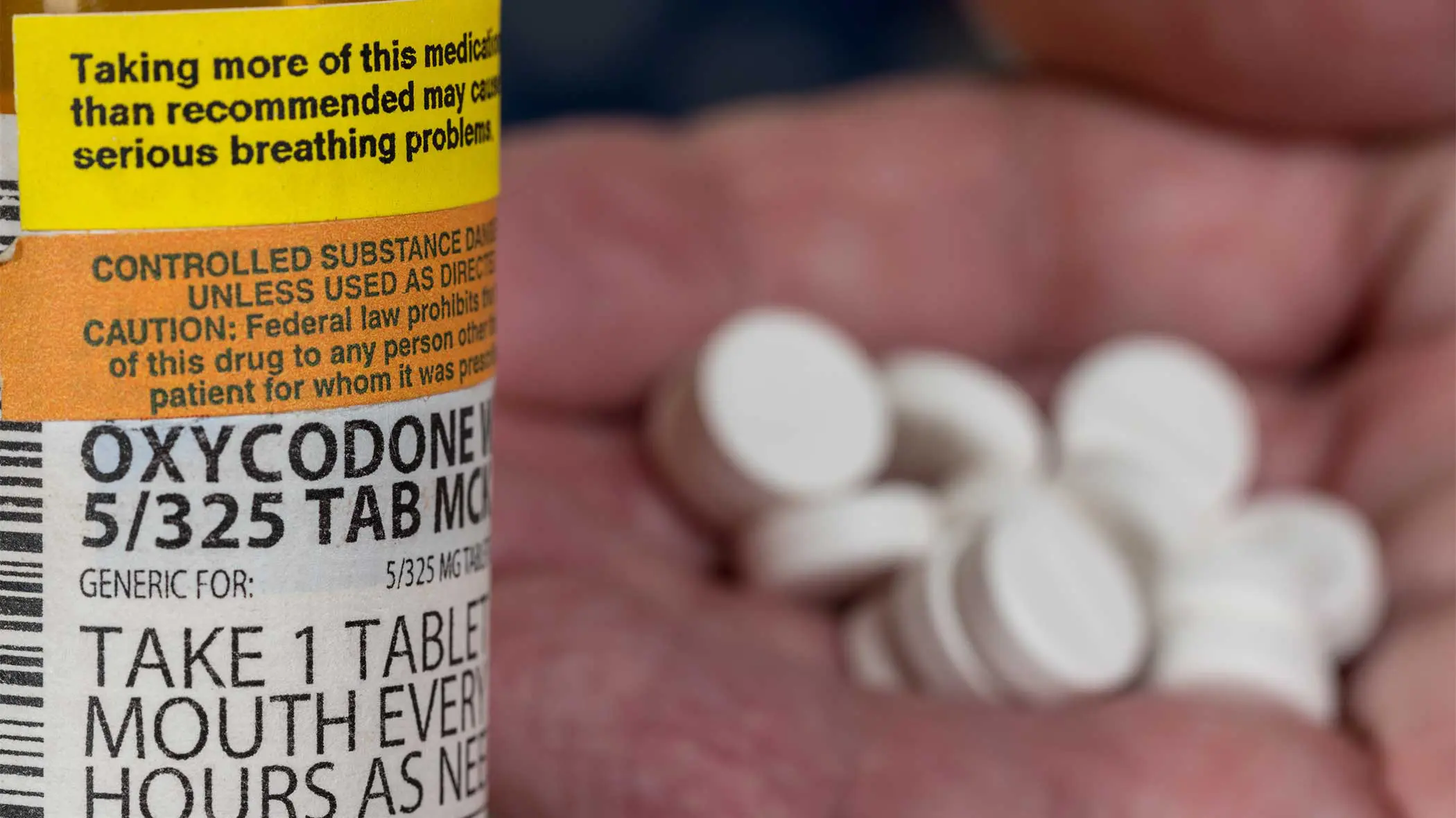
While there are many types of prescription opioids, you can generally find them separated into two categories: short-acting and long-acting opioids.
Both are prescribed with the intention of treating moderate to severe pain, however, the ways in which they treat and target that pain come with significantly different timelines.
What Are Short-Acting Opioids?
Short-acting opioids are those opioids that take effect almost immediately but for which the effects are more short-lived.
An individual will feel the effects of one of these opioids for no more than four to six hours and oftentimes less.
Short-acting opioids are meant to be taken as needed and are often prescribed for pain that tends to come and go or flare-up at certain times. The effects of these opioids kick in pretty quickly as they are made to deliver fast relief.
Types Of Short-Acting Opioids
Short-acting opioids are available in multiple forms but the most common you will see by far are tablets and capsules.
The effects of short-acting opioids should kick in within about 20-30 minutes. Individuals should expect the effects to last between four and six hours and should reach a peak in effects at around the three-hour mark.
Commonly prescribed short-acting opioids include:
- oxycodone (OxyFast)
- oxycodone/acetaminophen (Percocet, Endocet, Tylox)
- oxymorphone (Opana)
- morphine
- hydrocodone/acetaminophen (Vicodin, Lortab)
- hydromorphone (Dilaudid)
- codeine/acetaminophen (Tylenol with codeine)
Side Effects Of Short-Acting Opioids
While short-acting opioids are very useful for their pain-relieving properties, this benefit does not come without a price in the form of unpleasant side effects.
Side effects of short-acting opioids include:
- constipation
- nausea
- itching
- vomiting
- trouble urinating
- slow breathing
- sleepiness
- mental fog
While the possible side effects of short-acting opioids are unpleasant, it is still generally considered that the benefits outweigh the risks for those with chronic pain or severe pain.
Dangers Of Short-Acting Opioids
Between short-acting opioids and long-acting opioids it is the short-acting ones which tend to get abused more. Research has shown that, in general, patients tend to prefer the short-acting opioids as well.
Yet a person can build up a tolerance to short-acting opioids very quickly and will require higher and more frequent doses to reach their desired effects.
However, a physician is very unlikely to increase a dose or refill a prescription to opioids of any kind without reason.
Because of this, some individuals unfortunately find themselves having to turn to illegal drugs, like heroin, in order to maintain their new sense of normalcy.
This presents a whole new set of problems as they no longer have their physician to monitor their safe use of opioids.
Finding Opioid Addiction Treatment
Substance use disorders involving short-acting prescription opioids can be extremely dangerous and debilitating.
Fortunately, there is still hope for recovery for those who seek it, either for themselves or for a loved one.
A few of the addiction services that we can connect you with include:
- day treatment programs
- 12-step programming and support
- intensive outpatient programs
- residential treatment and rehabilitation
Even if you simply have questions or are not sure where to start, we are here to help and can point you in the right direction towards your recovery.
Addiction Resource aims to provide only the most current, accurate information in regards to addiction and addiction treatment, which means we only reference the most credible sources available.
These include peer-reviewed journals, government entities and academic institutions, and leaders in addiction healthcare and advocacy. Learn more about how we safeguard our content by viewing our editorial policy.
- Centers for Disease Control and Prevention — Prescription Opioids
https://www.cdc.gov/drugoverdose/opioids/prescribed.html - National Institute on Drug Abuse — Prescription Opioids
https://www.drugabuse.gov/publications/drugfacts/prescription-opioids - U.S. National Library of Medicine — A Comparison of Long- and Short-Acting Opioids for the Treatment of Chronic Noncancer Pain: Tailoring Therapy to Meet Patient Needs
https://www.ncbi.nlm.nih.gov/pmc/articles/PMC2704132/


